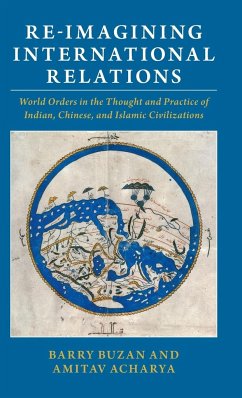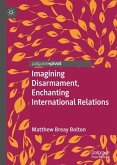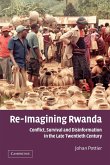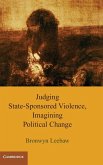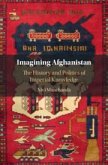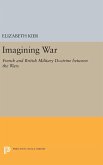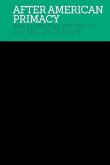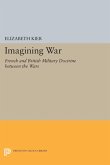"Under what conditions does climate change potentially lead to negative security outcomes? In brief, this book argues that climate change is most likely to trigger conflict and humanitarian emergencies in countries that have (1) weak state capacity, (2) exclusive political institutions, and (3) when international assistance is blocked or delivered unevenly. Where state capacity reflects a government's ability to prepare for climate shocks and help people in times of need, inclusive political institutions capture their willingness to help all or merely some of their citizens. International assistance can partially compensate for weak state capacity. Countries that have stronger state capacity, more political inclusion, and which can tap international assistance to help them are less likely to experience violence or humanitarian emergencies. The book uses paired cases of countries (Somalia and Ethiopia, Syria and Lebanon, and Myanmar, Bangladesh, and India) that experienced similar environmental exposure but different security outcomes to understand why climate hazards lead to negative security outcomes in some situations but not others"--

